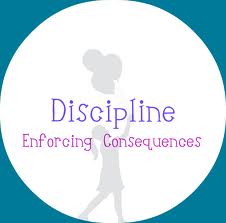Allowances are a great tool that can help you teach your kids money management skills. A child that handles money tends to have a regular and hands-on opportunity to learn the basics of budgeting, saving, etc. Practice makes perfect they say. Giving an allowance in exchange for chores might be a bit challenging with respect to finding age-appropriate chores and ensuring that your child does them before you can ever get around to the money management lessons. If your child doesn’t get round to performing the chores like he or she should, there comes your number one obstacle in the way of teaching the relevant lessons. The other issue is that as a part of the family, each member should be responsible for something. For example, daddy and mummy ensure the bills are paid, mummy ensures the meals are fixed and daddy ensures that the car is in good shape. The kids should also be responsible for something. They shouldn’t be paid for their own contribution to the family. After all, daddy and mummy don’t get paid either.
On the other hand, it is a very important for a child to learn that there is a deep connection between the work they put in and the money they earn. If you don’t work, you don’t get money to spend in the real world. How then can we get our kids to understand that they need to work to make money? This is particularly relevant in this age as almost everyone wants to make a lot of money without doing much.
An idea is to fuse the two points above together. You can give your child a little weekly allowance that is not tied to anything. Then you can give them some opportunities for extra tasks that are really challenging for them, that will enable them earn a little more. That way they can connect hard work with earning money. This will be different from the regular things they have to do around the house at their age. Another point that is also very important is that you need to create time to teach your child about money as soon as you disburse it to them. Children are clean sheets and only become what they observe or learn from others in their surroundings. Don’t make the mistake of giving them allowances if you are not ready to follow it up with lessons and also do as you say yourself. Remember that kids will always do what you do and not what you say most of the time. Giving allowances without proper training will be of no value to them, rather it might destroy things further.
What’s your take on giving allowances in exchange for chores? What have you tried and what works for you? Let’s hear you.







